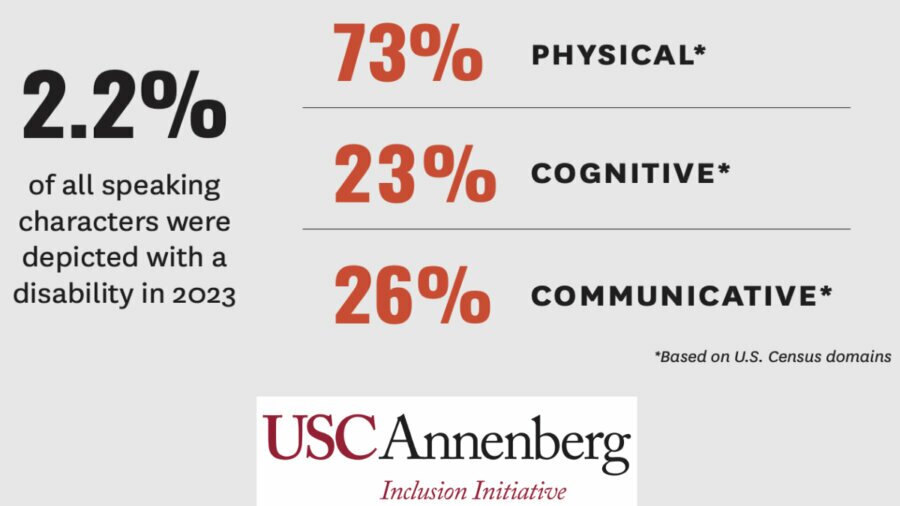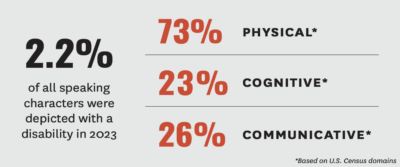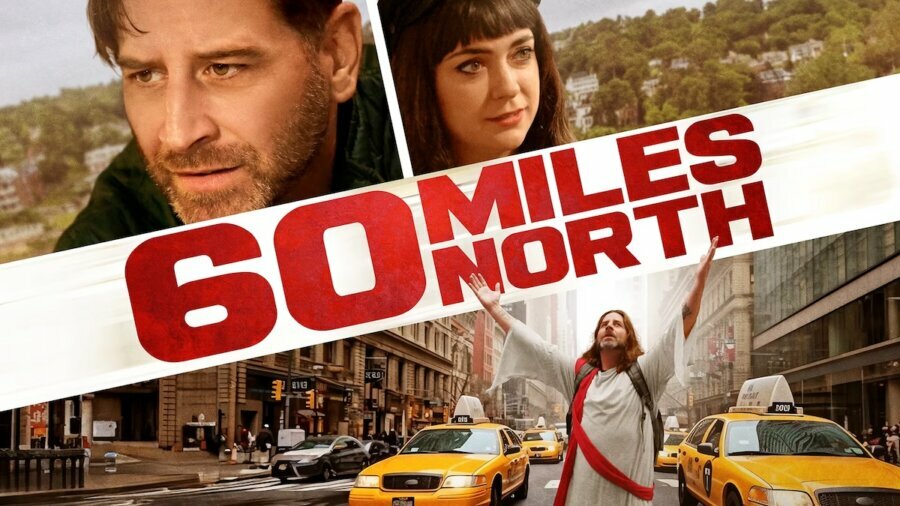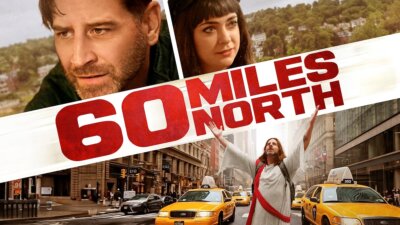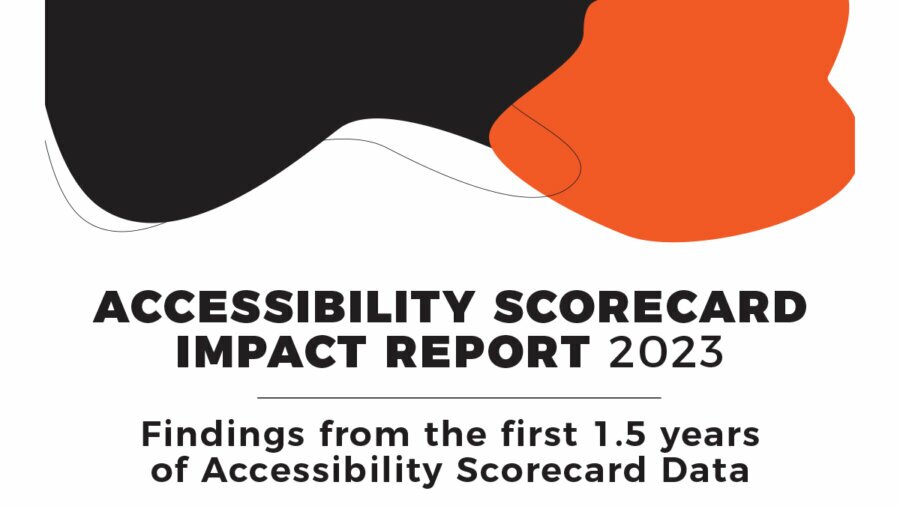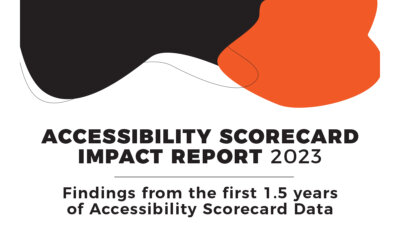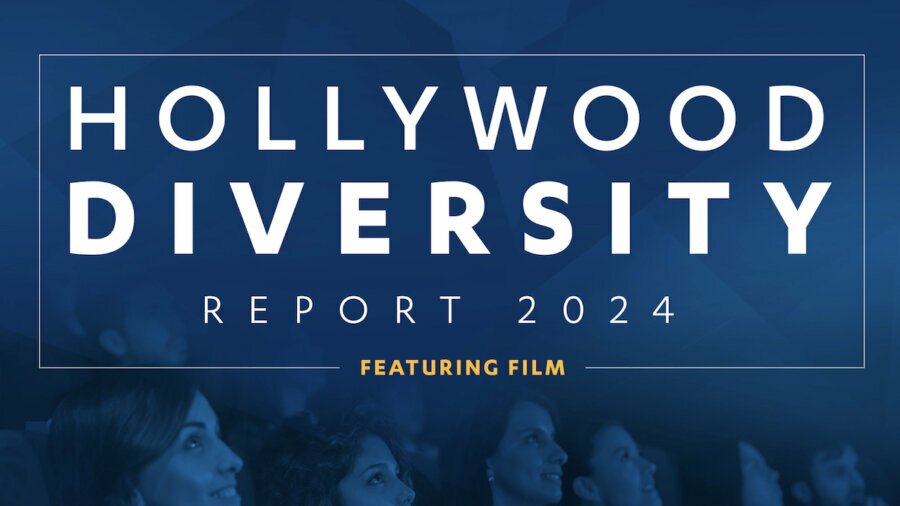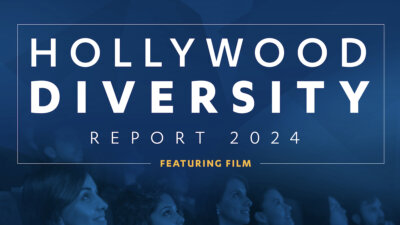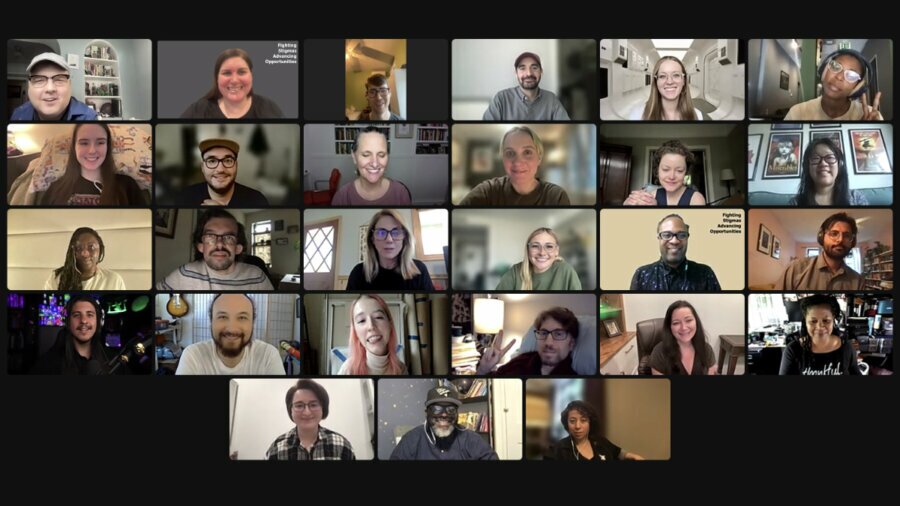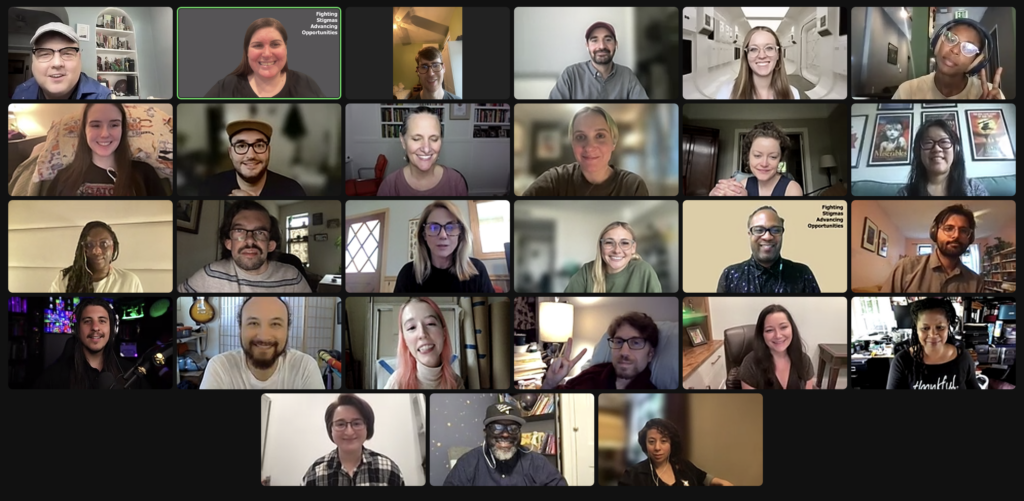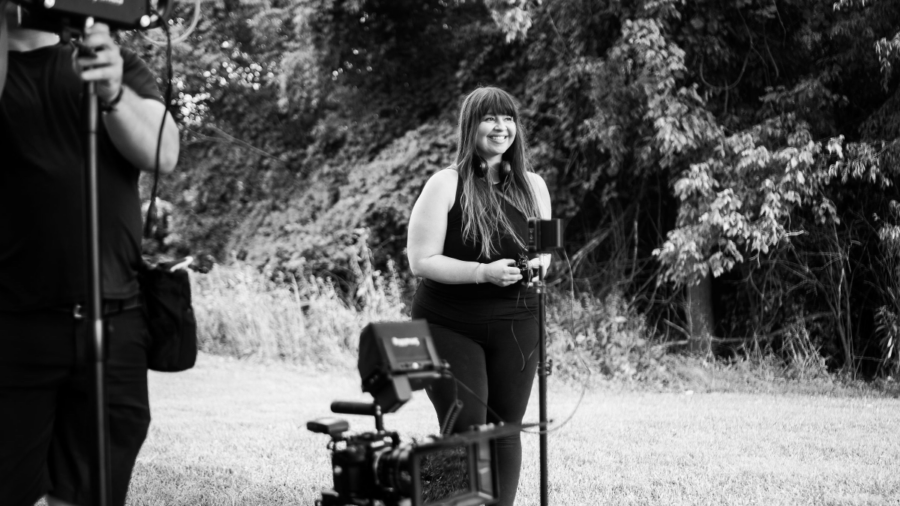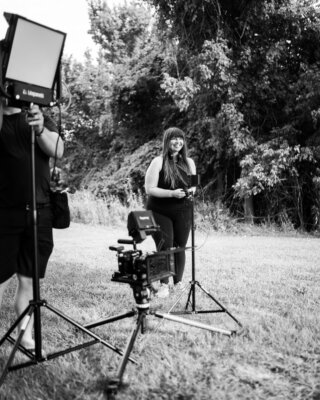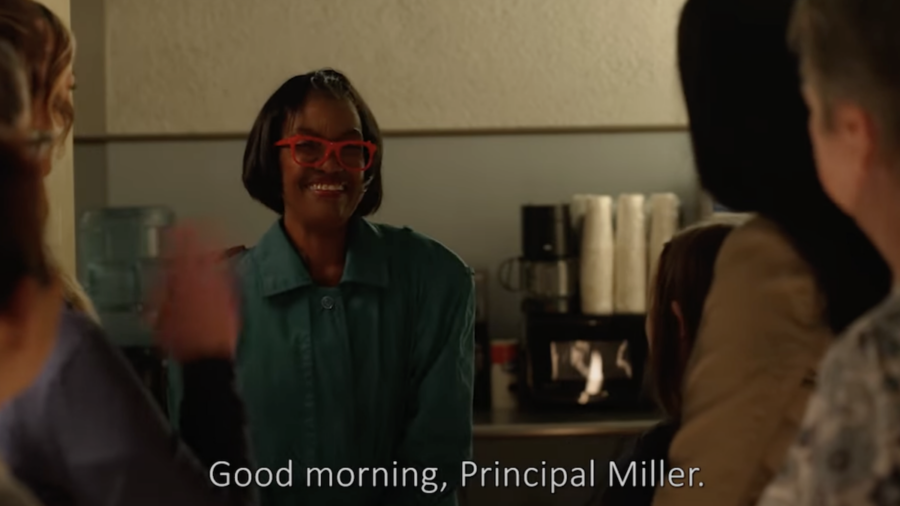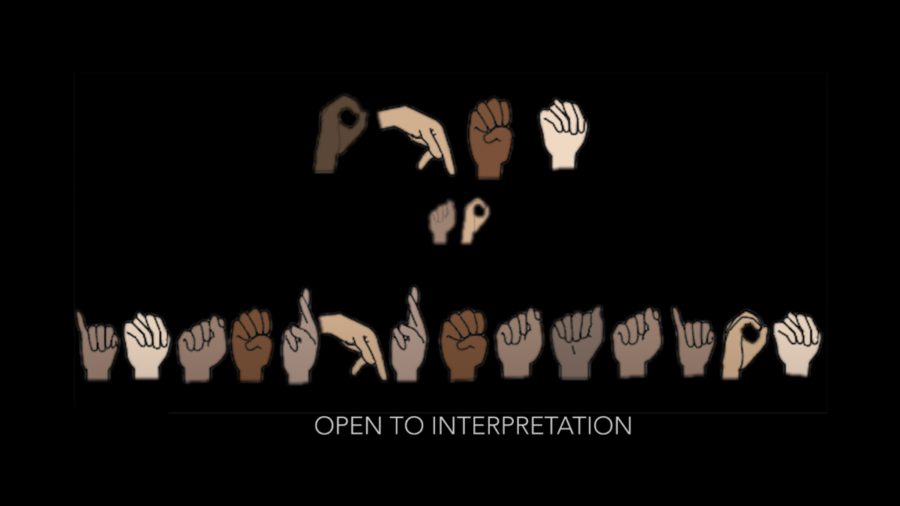A new report shows that films continue to lack disabled characters. The USC Annenberg Inclusion Initiative report, “Inequality in 1,700 Popular Films,” found that just 2.2% of all speaking characters in the top 100 films of 2023 were shown with a disability, which is virtually identical to both 2022 (1.9%) and 2015 (2.4%). According to the report, “each year, the numbers prove stubbornly resistant to change.”
Furthermore, of the top 100 films of 2023, 42 films did not feature even one character with a disability. This is lower than 2022 (54) but similar to 2015 (45). Only one out of the 100 films examined portrayed disabled characters at proportional representation within the U.S. population (27.2%). The only other year to include a film with proportional representation since 2015 was in 2021. [continue reading…]


